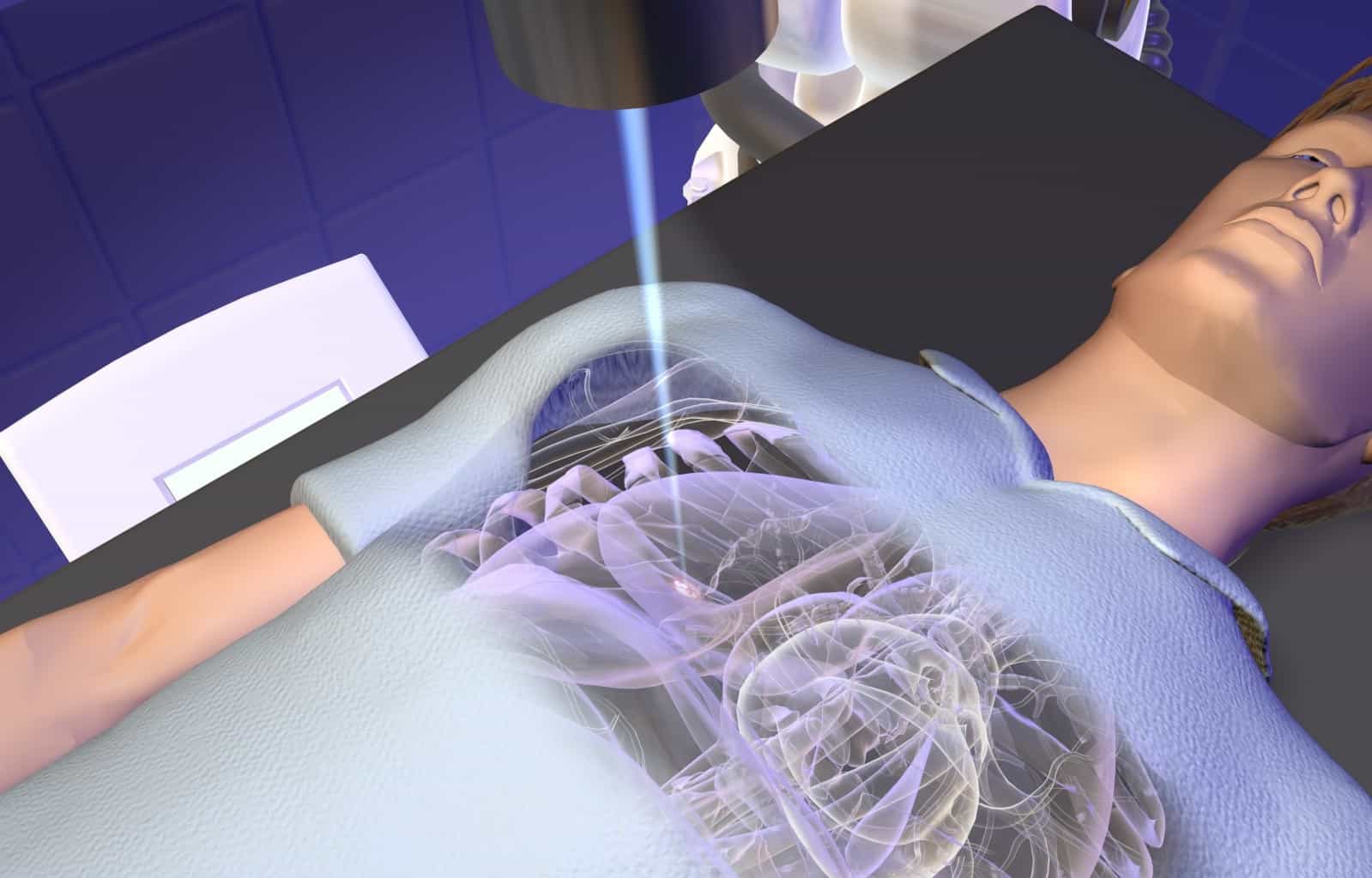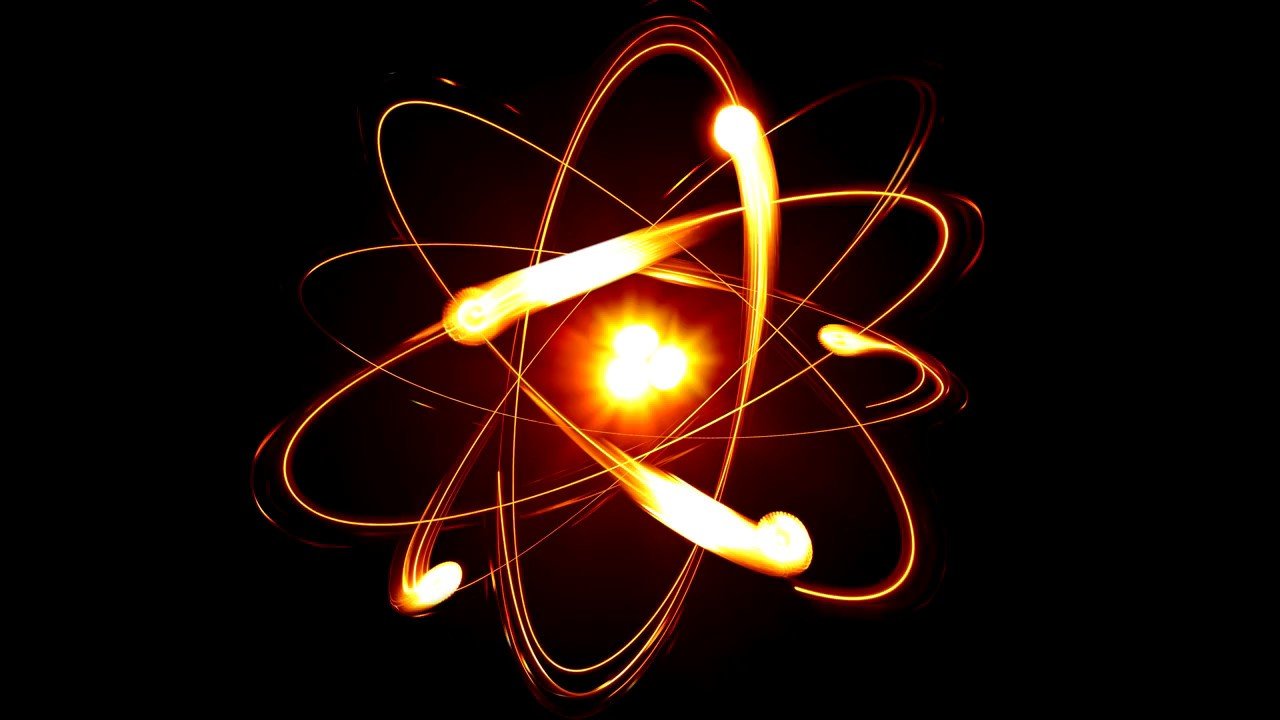Music is universal
Samuel Mehr, Manvir Singh (Harvard University), Luke Glowacki (Pennsylvania State University) Harvard University HarvardResearch Nearly 200 years ago, Henry Wadsworth Longfellow asserted “Music is the universal language of mankind.” Today, scientists at Harvard have published the most comprehensive scientific study to determine if the American poet’s words were mere cliché, or cultural truism. The study … Read more




